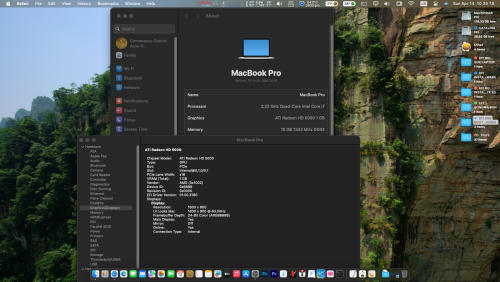Today's New York Times carries an article entitled "Windows is So Slow, but Why?". The article compares the development of Vista and MS' insistence on maintaining backwards compatibility, against Apple's strategy.
As XP has remained largely unchanged (bugfixes excepted) in five years, and Apple have exponentially added features to their OS, MS strategy has come into question.
In those five years, Apple Computer has turned out four new versions of its Macintosh operating system, beating Microsoft to market with features that will be in Vista, like desktop search, advanced 3-D graphics and "widgets," an array of small, single-purpose programs like news tickers, traffic reports and weather maps.
So what's wrong with Microsoft? There is, after all, no shortage of smart software engineers working at the corporate campus in Redmond, Wash. The problem, it seems, is largely that Microsoft's past success and its bundling strategy have become a weakness.
The article goes on to question the bloat that will inevitably become incorporated into Vista. Although it's written in NYT's typical journalese, it raises some interesting questions.











Recommended Comments